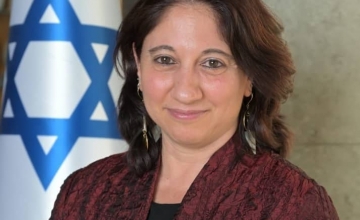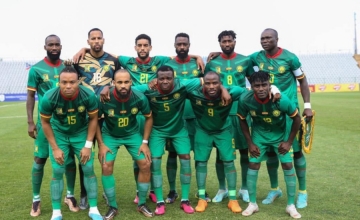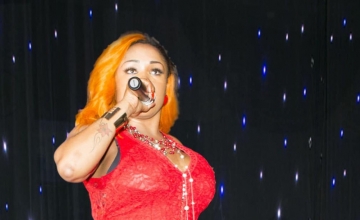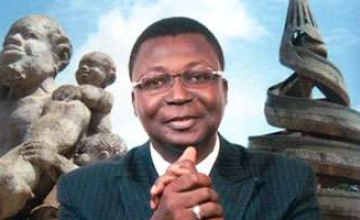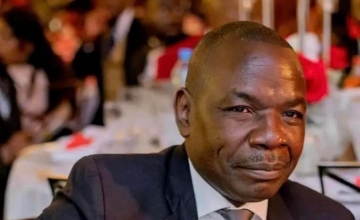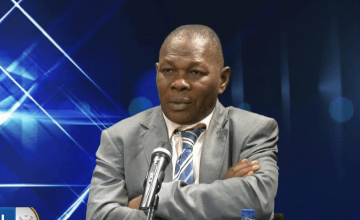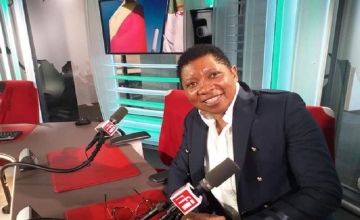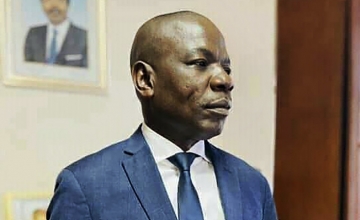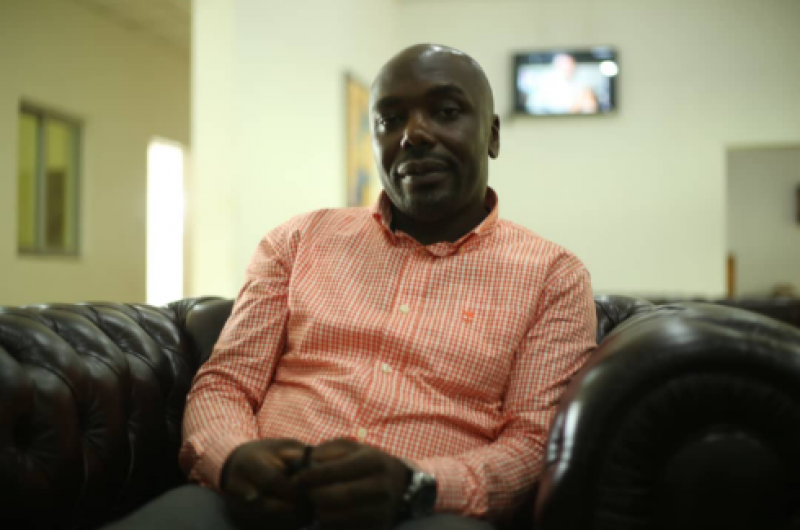
Taking to Facebook January 14, 2020, Ndifor advised the opposition in Cameroon to use the current political climate in the country to flaw the regime of President Paul Biya, instead of calling for meaningless election boycotts.
His words: “For a while, the run-up to the 2020 general elections in Cameroon appeared to be déjà vu. The Cameroon Renaissance Movement (MRC – of Prof, Maurice Kamto), a key opposition party, had decided to pull out of the election, mostly to protest the disqualification of hundreds of its candidates.
“At the last minute, the leading opposition party, the Social Democratic Front (SDF) walked back their earlier decision not to participate and decided to participate, hopefully signalling a growing understanding that election boycotts rarely succeed. The SDF knows this better than most, having learned this lesson the hard way in 1992.
“The SDF's decision to boycott the historic elections of January 1992 is now viewed as one of the greatest strategic blunders of the post-multiparty-democracy era in Cameroon. The party protested perceived electoral unfairness, ranging from the lack of an independent electoral commission to rules that favour the incumbent party.
“The SDF believed that the system inherently and unfairly benefited the CPDM party. The goal of the SDF was to get the ruling party to level the electoral playing field and to focus the international community’s attention on the unfair or fraudulent practices of the ruling regime and delegitimize its international standing.
“Unfortunately for them, the election went on hitch free. The CPDM swept most of the seats and little known political parties like the MDR, took advantage of the SDF's boycott to pick up a few seats that they will later use to exchange for ministerial positions, giving the CPDM the majority they needed in parliament.
“Unsurprisingly, the SDF was left out in the cold during the key formative months in the new Cameroon. The boycott deprived them of a fair share in the 1996 constitutional drafting process, and without representation in Parliament, the SDF were unable to prevent the obnoxious bills of the 1996constitution from passing. Potential revisions to the document remain one of the key sticking points in the Anglophone Crisis. It is this experience that made the party's decision making organ, the National Convention to resolve never to boycott any election ever again.
“Instead the party has been able to use the threats of boycott and then participating as negotiating leverage to achieve key concessions. Thanks to this approach, the party has successfully caused the government to take away the organization of elections from the Ministry of Territorial Administration to a more independent body, introduce transparent ballot boxes, computerised voter registration and the introduction of new electoral laws. As little as some will see this concession to be, there is no doubt that it is a significant mile stone in the improvement of Cameroon's electoral system. Unfortunately not everyone sees this approach in positive terms. The party's critics consider the approach of threat and then participating as inconsistency.
“Historically, it has been demonstrated that, with the exception of very high-profile cases, boycotting parties receive little support from the international community. Electoral boycotts rarely work, and the boycotting party almost always ends up worse off than before; a threatened boycott, on the other hand, can pay dividends, especially in high-profile cases. In short, you can’t win if you don’t participate.
“A comprehensive study of 171 threatened and actual election boycotts at the international level between 1990 and 2009 demonstrates conclusively that, other than a few rare exceptions, electoral boycotts generally have disastrous consequences for the boycotting party, rarely result in desired international attention or sanction, and many times further entrench the ruling leader or party. On the flip side, the track record is considerably better when a threatened boycott is used as negotiating leverage to achieve key concessions; sometimes, opposition parties that planned to boycott even find unexpected benefits from participating in elections.
“In addition to the negative effects on the boycotting party, electoral boycotts often have the unintended consequence of strengthening the incumbent ruler and providing him and his party with a more powerful mandate to lead. The absence of opposition from the race frees the playing field for the ruling party to obtain a supermajority, allowing it to take unrestricted action including invoking constitutional change.
“Perhaps the best example of this is in Venezuela, where a series of ill-conceived electoral boycotts by the opposition from 2004-05 merely served to cement President Hugo Chavez in power. The 2004 boycotts of regional elections gave Chavez’s party 20 of 22 governorships nationwide. In 2005, four leading opposition parties, which held 41 Congressional seats at the time, decided to boycott in protest of Chavez’s heavy-handed rule, leading to a governmental sweep of all seats. As a result, Chavez had the backing to pass new legislation to strengthen his powers, including the removal of presidential term limits, and he has since won additional electoral contests.
“Given that authoritarian regimes entrench over time, it is important to engage as quickly as possible, especially during periods of political instability like in Cameroon when the ruling party is at weakest point in the eyes of the masses. Once an authoritarian leader is allowed to survive such periods, be allowed to be elected and re-elected, it is often too late to have meaningful impact.
“The call for rapid action also dovetails nicely with encouraging broad participation. Given the logistical preparations necessary to hold elections, opposition parties must be goaded into participation as early as possible to avoid missing registration windows or harming electoral chances. Too often, opposition parties come to the decision to participate too late to achieve the full effect. The threat of a boycott can pay dividends but the opposition parties still have to participate in order to receive the full benefits. Choosing to sit out is almost always a losing proposition.”







